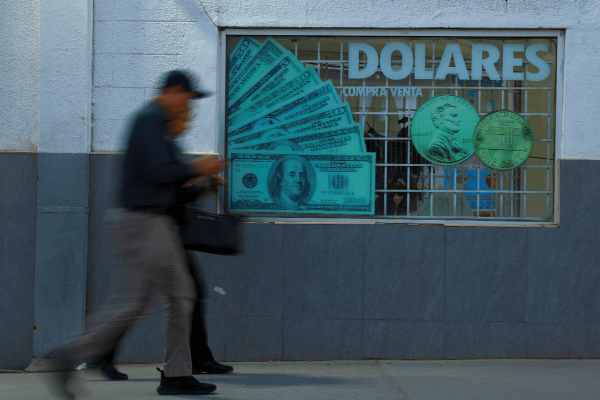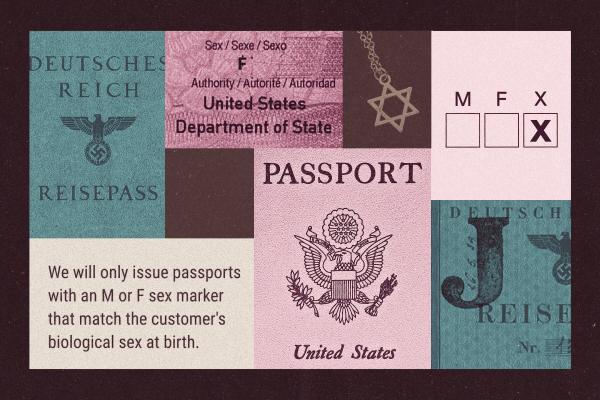Since his election by the College of Cardinals in 2013, Pope Francis has both comforted and challenged the faithful, inspired people around the globe, and started many conversations on the role of the Catholic Church in the 21st century.
In Pope Francis: A Man of His Word, the new documentary by legendary German filmmaker Wim Wenders, viewers are given the opportunity to hear the pope speak about issues as wide-ranging as poverty and wealth, Church corruption, climate change, and the common good. At one point in the film, it is said of the pope that “his life itself is a sermon.”
Indeed, it’s hard to ignore the grace and truth that flow from the words and actions of the first Jesuit pope, also the first to take the name Francis. St. Francis of Assisi famously tried to live a life in full imitation of Christ. In A Man of His Word, using Wenders’ interviews with Pope Francis interspersed with archival footage and clips from key moments of Pope Francis’ tenure, the filmmaker suggests that the pontiff is attempting a similar endeavor.
Pope Francis: A Man of His Word opens in theaters May 18.
This interview, conducted over email, has been lightly edited for length and clarity.
Juliet Vedral, Sojourners: Would you talk about your faith, and how that played a role in making this documentary?
Wim Wenders, A Man of His Word: I’m an “ecumenical Christian.” I was baptized and grew up in a Catholic family … at the age of 16, I considered becoming a priest. But along came rock ’n’ roll, pinball machines, and jukeboxes. Along came studies in medicine and philosophy.
I was briefly an existentialist, and then came cinema. In film school…I was an ardent socialist (mind you, that was in 1968…) but I got over that, made a psychoanalysis, was interested in Eastern religions. In short: did all these things people were tempted by in the ‘70s and ‘80s, only to return, after this huge detour, to the belief of my childhood, realizing I had never really left it and I had never lost the feeling to be seen by a loving God.
I did convert and became a Protestant, though.
Now this has all long settled down. I’m a Catholic and a Protestant at the same time, and I like them both for their differences. My favorite thinker of the 20th century is the Jewish philosopher Martin Buber, and I gladly admit that the American mystic and theologian Thomas Merton had a big influence on my spiritual growth. And now I love reading the Franciscan writer and teacher Richard Rohr. So maybe in the end, the Catholic in me is still pretty much alive.
Vedral: What was is like to make a film not just about, but with, the pope and the Vatican? Would you describe that process?
Wenders: It was an amazing journey over several years, starting with the surprise of getting a letter by the Vatican asking me if I could imagine making a film about Pope Francis — and if so, would I come by and discuss it. This didn’t turn into a commission produced by the Vatican, but became an independently financed and produced Swiss-Italian-French-German co-production, with an amazing access to the pope [and] full access to the Vatican archives. But [it was] still a film that I could control, just like any of my other documentaries, without any interference by the Vatican.
It was a huge responsibility, I slowly realized, and there was much more weight on my shoulder than on any other film before. …The editing process alone took two years, mostly due to the abundance of material. [We used footage] not only from my own interviews with Pope Francis (four altogether, each two hours long), but also from endless footage done by CTV cameramen and other TV stations all over the world covering the pope’s journeys and appearances in hospitals, prisons, slums, refugee camps…the UN in New York, the American Senate.
Vedral: A lot of people have a great deal of affection and respect for Pope Francis. As you interviewed him, what stood out to you about Pope Francis and his ministry?
Wenders: The concept of the film was exactly that: Give him the platform…for his words, his issues, his concerns. I wasn’t interested in biographical details. I was interested in the biography of his thoughts, so to speak. And from the beginning, I wanted to dedicate a small part of the film to Saint Francis, as I had been so excited by the pope’s choice of name and by his dedication to the very issues that had driven the saint 800 years ago: a radical solidarity with the poor and the outcast, a redefinition of our relationship to nature and Mother Earth, and a renewed effort to instigate peace between the religions. Not enough people know about Saint Francis, I felt.
…I don’t appear as the interviewer, neither in person, nor as voice. I wanted the pope to speak for himself, and I wanted the audience to share the privilege I had: to be face-to-face with Pope Francis. We managed to shoot the interviews with a technology that really lets the pope look every viewer in the eyes.
Vedral: Where did the title of the film come from?
Wenders: I did not have it from the beginning. It came at some point in the editing. The film was about “his word” — and you can also understand that with a capital “H,” about “His” word. This man, Pope Francis, he lives what he preaches, and that is such a precious thing today. If words don’t count anymore (hey, we’re getting close to that in the age of fake-everything) then what can count at all?
We need an entire restart of “morality,” and here Pope Francis gives us an example how we can begin.
Vedral: What do you hope audiences will take away from this film?
Wenders: Hope itself. The energy and the trust to say, “We can’t go on like that, it’s not too late. Neither can we go on with the way we treat each other, nor with the way we treat our planet.”
We have to jumpstart “community” again. People of good will have to act for the common good again — not for all these other interests that drive us further apart, and that will continue excluding and dividing people.
…Pope Francis has an enormous capacity to communicate. His words are simple, but clear, and from the heart. He has a great presence that comes from his honesty, his humility, his sense of humor, and his courage. He’s endlessly positive, because he knows we are loved, and we can love ourselves. And yes, only light can drive out darkness.
Got something to say about what you're reading? We value your feedback!







